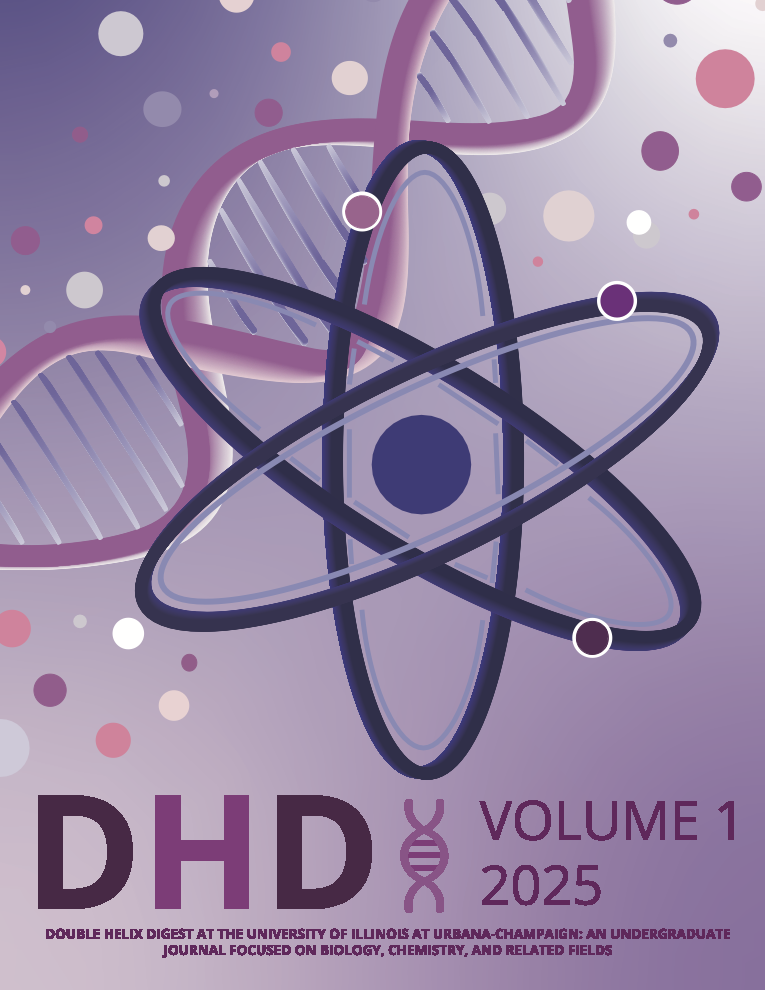An Investigation on the Alleviation and Repair Effects of Bacillus Pumilus LV-149 Solutions At Different Concentrations On Cellular Ulcerative Colitis in Mice Colon Cells over DSS Solution-Induced Treatment
Abstract
Bacillus pumilus (8. pumilus) is a facultative, gram-positive probiotic bacterium with immunomodulatory, anti-inflammatory, and antimicrobial properties. Previous studies have demonstrated its ability to inhibit pathogenic bacteria, promote intestinal health, and serve as a biological control agent. However, its potential role in alleviating and repairing inflammatory damage in ulcerative colitis (UC) remains under-explored. UC is a chronic inflammatory bowel disease characterized by disruption of the intestinal barrier, increased intestinal permeability, excessive production of pro-inflammatory cytokines, and decreased levels of tight-junction proteins. This study investigates the effects of different concentrations of 8. pumilus LV-149 (1x108 CFU/ml and 1x109 CFU/ml) on UC-induced mice models treated with 3% DSS solution. Key inflammatory markers, including pro-inflammatory cytokines (IL-6, IL-113), anti-inflammatory cytokine (IL-10), and tight-junction protein claudin-1, are measured at the gene expression level using real-time fluorescence quantitative polymerase chain reaction (qRT-PCR). The study aims to determine whether B. pumilus can mitigate intestinal inflammation by regulating cytokine production and restoring tight-junction integrity. By evaluating the impact of B. pumilus on the intestinal barrier and inflammatory response, this research provides new insights into its potential as a probiotic therapeutic for UC treatment. Findings from this study may contribute to the development of novel probiotic-based interventions for inflammatory bowel diseases, offering a safe and effective alternative to conventional treatments.

